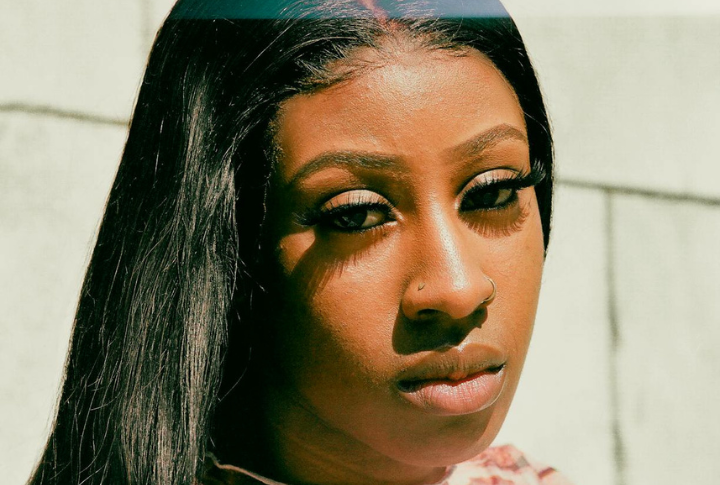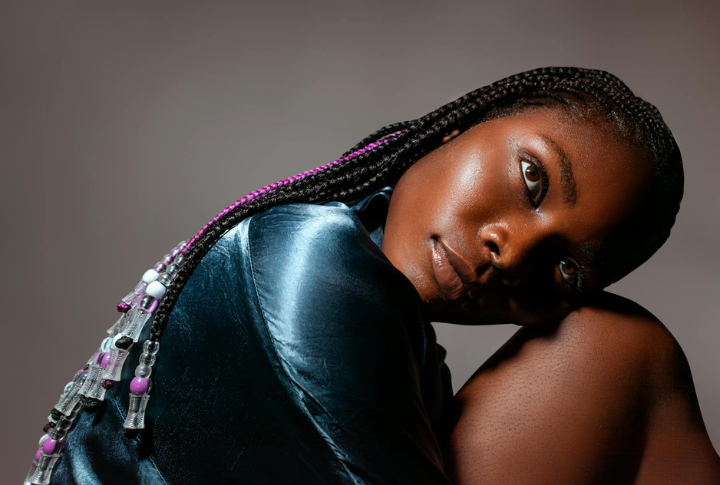Lifestyle
10 Hair Comments Black Women Are Tired Of Hearing

Sometimes, the loudest moments come wrapped in quiet remarks. Black women have been fielding questions and opinions about their hair forever, and it still happens like clockwork. Not every comment is meant to offend, but impact matters more than intent. Here’s a look at ten common remarks that just don’t belong in the conversation anymore.
“Is That Your Real Hair?”

Curiosity isn’t the issue—context is. This question often sounds like disbelief or a lack of interest. Whether it’s a silk press, braids, or an afro, it’s hers. Black holds endless versatility, and assuming it must be altered to be admired misses the point entirely.
“Your Hair Looks So Much Better Straight.”

Straightening uses heat to alter keratin, which can weaken strands and lead to breakage. Often, texturism disguises itself as a simple preference. But natural textures are not less manageable or beautiful—they’re just different. The issue arises when preference turns into a mindset that erases the cultural and biological integrity of coily hair textures.
“Can I Touch It?”

Curious fingers can be more intrusive than flattering. No one’s scalp is a petting zoo, and asking to touch someone’s hair—especially tightly coiled styles—can feel invasive. Respecting personal space and boundaries is key. If you love someone’s twist-out, compliment them instead of grabbing. Admiration should come with respect, not a touch.
“It Must Take So Long to Do All That.”

Maintaining a textured strand does take time, but so does care that isn’t rushed. Protective styles like locs or braids are investments, not inconveniences. This comment often frames effort as excessive. Yet dedication to self-care should never be treated like a burden in disguise.
“You’d Look Prettier If You Wore It Down.”

The belief that a look must be long or loose to be attractive is a lazy perspective. The length of a Black woman’s hair is part of what makes her unique. Black beauty defies expectations and doesn’t need to conform to traditional standards. Volume and health will always outweigh length.
“Why Don’t You Just Get A Relaxer?”

Scalp burns, thinning edges, chemical dependency—relaxers were once survival tools in the process of assimilation, not beauty essentials. Today, rejecting them isn’t an act of rebellion—it’s liberation. Scalp wellness should matter more than the silky movement of relaxed hair. Let women embrace their natural texture without needing to explain or justify their choice.
“It Looks So Heavy, Doesn’t It Hurt?”

Braids might look weighty, but that’s not your concern. This question suggests discomfort where there may be none and reinforces the myth that beauty must be effortless to be valid. Trust Black women to balance elegance and comfort in ways that suit them—not your assumptions.
“Why Is It So Puffy?”

Puffy? Or powerful? That volume is the result of hydration and intentional shaping. Calling it puffy often sounds like something’s wrong when it’s doing exactly what it was born to do. Fullness isn’t a flaw. It’s the exclamation mark in every natural look.
“It Looks So Unprofessional Like That.”

Ah, yes, because a wash-and-go clearly hinders workplace productivity. Comments like these are fueled by bias, not actual standards. An afro is simply natural hair. It’s time to let go of grooming myths disguised as expectations.
“You Change Your Hair So Much, I Can’t Keep Up.”

Black beauty offers a unique form of expression. Wigs, twists, curls, cuts—each style carries its own significance. When someone says they “can’t keep up,” it often portrays fluidity as a challenge. But in reality, isn’t the ability to transform your look the ultimate expression of ownership?

